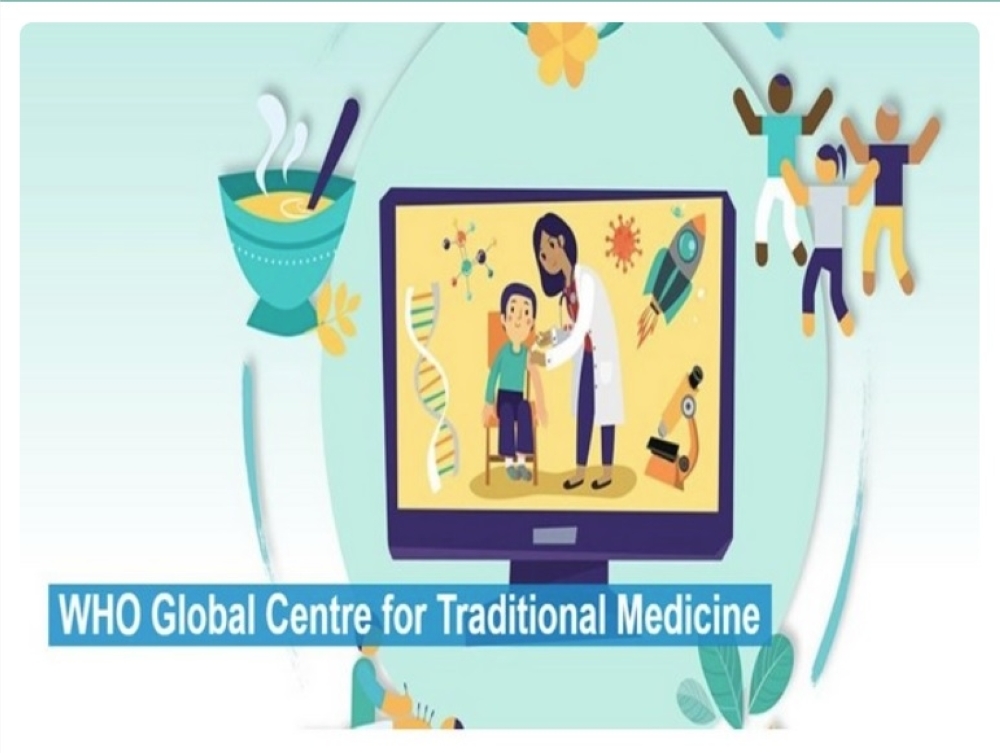

Kaushalndra Singh
@patkaushal
India’s efforts to set up a proper platform for research and development (R&D) for traditional medicines got a green light with the signing of an agreement between the World Health Organisation (WHO) and the Government of India to establish a WHO Global Centre for Traditional Medicine at Jamnagar in the Indian state of Gujarat.
Traditional medicines have been in use for a long in some form or other in human history. These medicines made lots of noise during the pandemic and forced medicine regulators to think about them and give proper attention to their development, keeping in mind that a large population of the world is still depending on traditional medicines for health issues.
The centre in India will come up with $250 million support from the Indian government. Its objective is to build a foundation for evidence and policies to standardadise traditional medical practices and products.
The user base of traditional medicines is 80 per cent of the world’s population that uses traditional medicines. It has been stated in some health reports that 170 countries of the 194 WHO members have reported the use of traditional medicines and have sought the international health body’s support to set up a body to generate evidence against each of the traditional medicines.
According to the Indian Ministry of Health sources, the new centre will have three areas to focus on and build a ground for traditional medicines. The areas include evidence and learning, data and analytics; sustainability; equity, innovation, and technology.
The WHO Global Centre for Traditional Medicine will also help countries integrate traditional medicines into their health systems and regulate their quality and safety.
“It is heartening to learn about the signing of the ‘Host Country Agreement’ for the establishment of the Global Centre for Traditional Medicine. The agreement to establish the WHO-GCTM at Jamnagar, Gujarat, is a commendable initiative. Through various initiatives, our government has been tireless in its endeavour to make preventive and curative healthcare affordable and accessible to all. May the global centre at Jamnagar help provide the best healthcare solutions to the world,” said Indian Prime Minister Narendra Modi.
Commenting on the agreement, Dr Tedros Adhanom Ghebreyesus, WHO Director-General, said: “For many millions of people around the world, traditional medicine is the first port of call to treat many diseases. Ensuring all people have access to safe and effective treatment is an essential part of WHO’s mission, and this new centre will help to harness the power of science to strengthen the evidence base for traditional medicine. I’m grateful to the Government of India for its support, and we look forward to making it a success.”
Oman Observer is now on the WhatsApp channel. Click here



